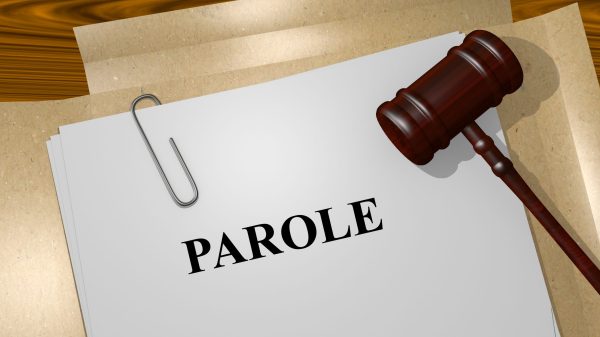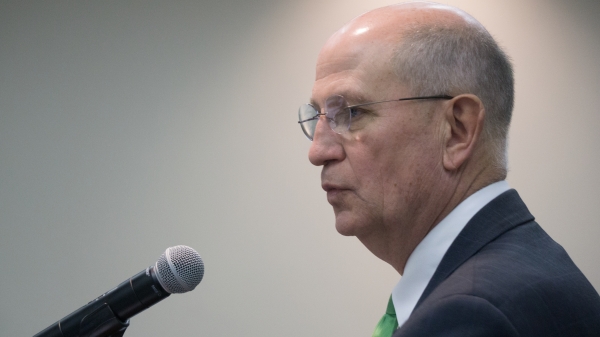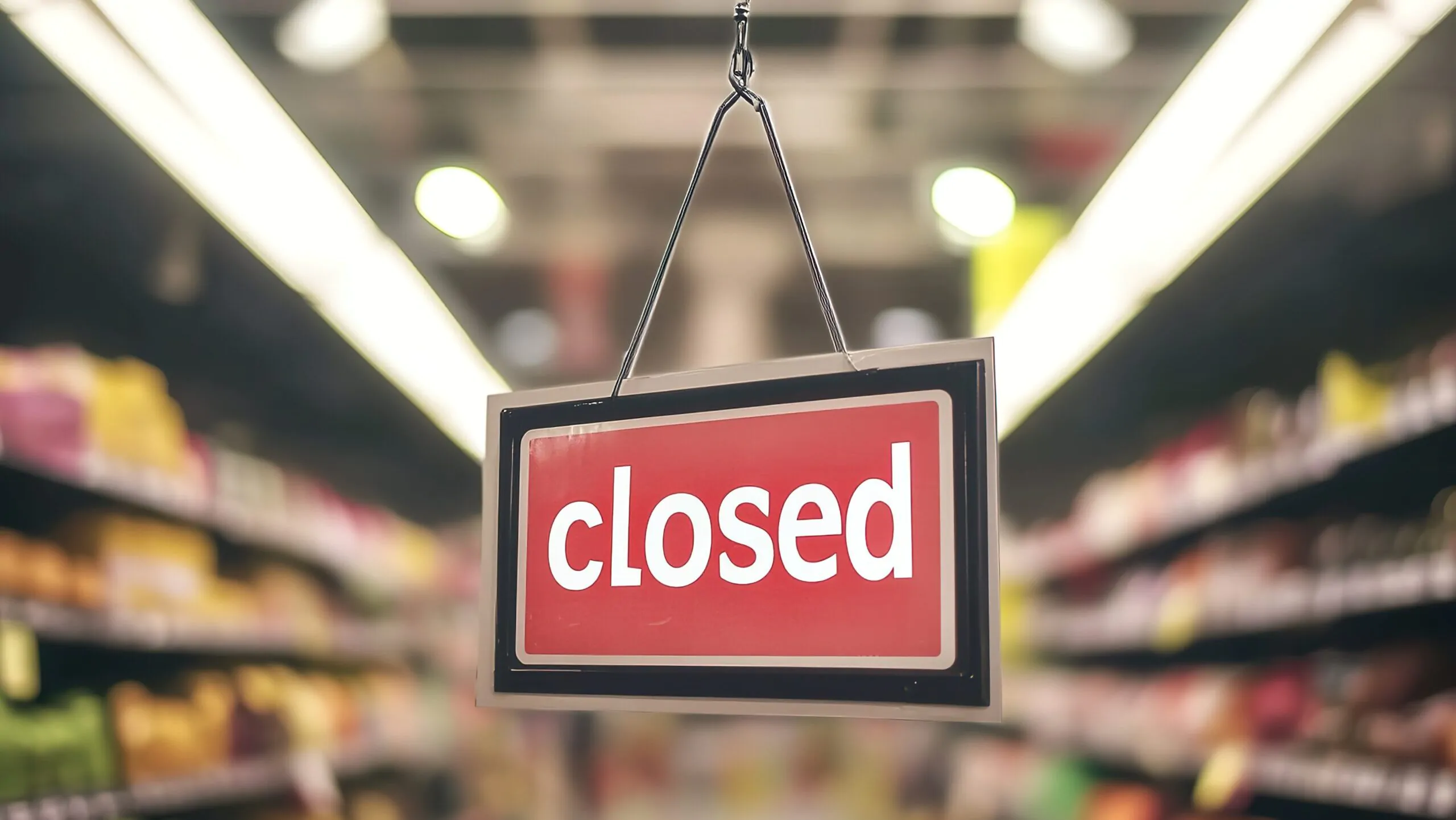It’s been said that if you want to understand a government’s priorities, watch not what it says—but what it rushes to outlaw.
During Alabama’s 2025 legislative session, lawmakers didn’t prioritize health care expansion, better schools or solutions for our dangerously overcrowded prisons. They didn’t tackle child poverty, rising housing costs or the rural hospital closures threatening entire regions of the state. Instead, they staged a moral pageant, rushing to pass bills banning flavored vapes and hemp-derived products. For some legislators, this wasn’t just easy—it was a cakewalk. And not in the watered-down modern sense, but in the original, subversive meaning of the word.
The cakewalk was born on the plantations of the antebellum South. Enslaved African Americans created the dance as a covert act of resistance—an exaggerated, stylized parody of their white enslavers’ rigid formality and puffed-up self-importance. They mimicked the stiff postures, the smug struts and the ridiculous airs of the plantation class. The enslavers, oblivious to the mockery, judged the contests and handed out cakes as prizes, never realizing the joke was on them. What began as satire became cultural entertainment, was whitewashed through minstrel shows, and eventually transformed into a word we now use to mean something effortless. But in truth, the cakewalk was a performance put on to please power while concealing deep contempt.
Sound familiar?
Take House Bill 8, Alabama’s new vape ban. Touted as a measure to protect children, it criminalizes the sale of flavored vape products in convenience stores and gas stations—places where adults have legally purchased them for years. If you’re an adult, even a veteran trying to quit smoking with a flavored vape, you’ll now find those products swept from shelves across the state. They won’t even be available at Piggly Wiggly—a chain whose name itself echoes racist caricatures from minstrel shows.
But this isn’t just about personal choice—it’s about livelihoods. Alabama’s 4,500+ convenience stores, many operated by Indian and Pakistani Americans, don’t simply sell flavored vapes; they depend on them. These business owners, who often lease their stores from petroleum companies, provide essential goods and services to underserved communities and collectively the convenience stores and the petroleum industry, employ more than 60,000 people across the state. This law hits them hardest, stripping away a vital revenue stream with no regard for economic fallout.
Then there’s House Bill 445, the supposed hemp regulation bill. In reality, it’s a sloppy, hastily passed effort to ban hemp-derived cannabinoids like THC-A—products that are federally legal and commonly used by veterans with PTSD, cancer patients, and others seeking relief from pain and anxiety. HB445 is so poorly written that even supporters struggled to explain what it actually does. Now we know why: the bill wasn’t about safety. It was backed by the cannabis lobby, whose goal is to stamp out competition for Alabama’s medical marijuana program—if there ever comes a time when the Alabama Medical Cannabis Commission actually follows the law in awarding licenses. They didn’t ask for a level playing field. They asked for monopoly protection—and the Legislature delivered.
Defenders of the bill claim it’s a commonsense compromise, but that’s not true. What it really does is eliminate the most accessible and effective forms of hemp for thousands of Alabamians—especially those who depend on smokable or vapeable formats for fast, affordable relief. That’s not moderation. That’s prohibition wrapped in PR.
And no, critics of the bill aren’t throwing tantrums because “their side didn’t win.” They’re angry because small businesses are being shuttered, jobs are being lost, and veterans are being told to take a number and get in line for pills that don’t work. Dismissing these concerns as “hurt feelings” is not just smug—it’s dishonest.
The majority of Alabamians don’t want these laws. Even lawmakers are urging Governor Kay Ivey to veto the bill. A disabled veteran named Josh wrote that if HB445 becomes law, the products that allowed him to live with dignity and manage his pain will vanish, leaving him with nothing but ineffective pills and a diminished quality of life. Another store owner warned that the bill would shut his doors permanently. But lawmakers weren’t listening—not to veterans, not to business owners and certainly not to science.
Because listening doesn’t win headlines. Compassion doesn’t stir up a base, and nuance never plays well in a 15-second soundbite.
This year, Alabama’s lawmakers didn’t govern. They performed. They strutted through a session filled with symbolic crackdowns and moral grandstanding. They passed laws that hurt people—not by accident but by design. And like the enslavers watching the old cakewalk, they mistook mockery for honor, and spectacle for substance.
Now, let’s be honest: Alabama doesn’t need a governess—it needs a business-minded Legislature. One that understands this state and its people can’t thrive without strong, healthy businesses, both large and small. The hemp bill alone will shut down hundreds of small shops and erase thousands of jobs. And for what? So a few lawmakers can posture for the cameras?
Maybe it’s time some of them lost their jobs.
When will the business community wake up and realize that many of these lawmakers take your money, shake your hand and then vote against your interests? This last session didn’t just highlight the culture war—it exposed how powerless business has become in a Legislature more obsessed with punitive politics than prosperity.
A cakewalk, indeed.

















































